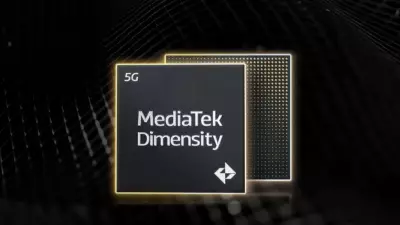
India's motor accident compensation tribunals, despite handling cases that involve relatively straightforward calculations, are plagued by extensive delays that keep victims waiting for justice for years. The system, designed to provide timely relief to accident victims, instead takes an average of four years to resolve cases, creating additional hardship for those already suffering from traumatic experiences.
The Current State of Accident Tribunals
Motor accident compensation cases primarily involve simple mathematical calculations for determining compensation amounts, witness testimonies, and legal submissions from lawyers. The process should be efficient and swift, yet the reality paints a different picture. Cases drag on for years, with victims facing prolonged legal battles while dealing with physical, emotional, and financial challenges resulting from their accidents.
According to legal expert Simranjit Singh, whose analysis was published on November 17, 2025, the current system fails to leverage technology that could significantly streamline operations. The extensive delays occur despite the fact that these cases don't typically involve complex legal questions that would justify such lengthy proceedings.
How Artificial Intelligence Can Transform the System
Artificial intelligence presents a viable solution to revolutionize how motor accident compensation cases are handled in India. AI systems can automate the calculation of compensation amounts based on established formulas, medical expenses, loss of income, and other relevant factors. This would reduce human error and speed up what is currently a manual, time-consuming process.
Witness depositions and lawyer submissions could also be processed more efficiently through AI-powered documentation systems that organize and analyze information quickly. Natural language processing could help review case documents, identify key information, and even predict case outcomes based on historical data, helping all parties make more informed decisions.
The Path Forward for Faster Justice
Implementing AI solutions in accident tribunals requires a systematic approach that includes digitizing existing records, training legal professionals on new technologies, and ensuring the systems are accessible to all stakeholders. The transformation could significantly reduce the current four-year average waiting period, delivering justice to accident victims when they need it most.
The Supreme Court has previously emphasized the need for speedy justice in accident cases, recognizing the urgent financial needs of victims and their families. AI implementation aligns with this judicial direction and could represent a major step forward in access to justice for ordinary citizens affected by road accidents.
As India continues to embrace digital transformation across sectors, the justice system stands to benefit tremendously from technological interventions. The integration of AI in motor accident tribunals could serve as a model for reforming other areas of the legal system where delays have become endemic.





